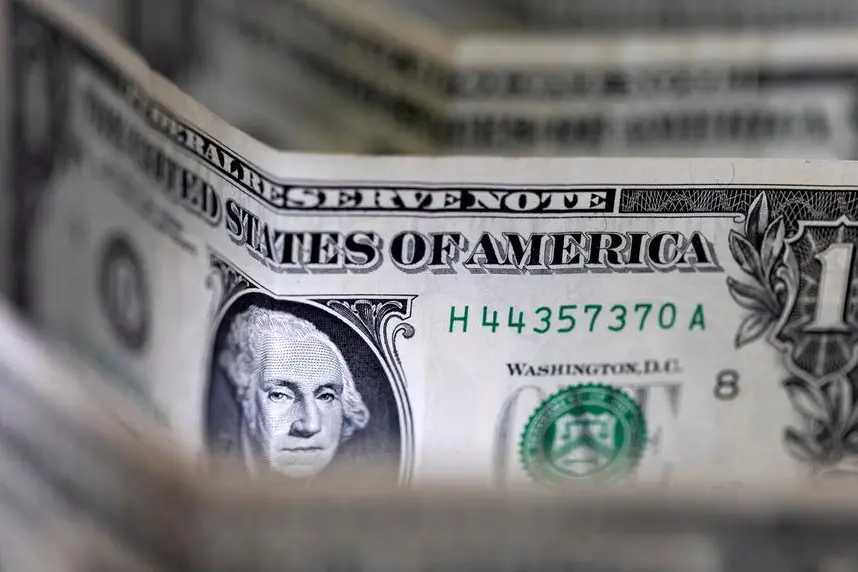PHOTO
The International Monetary Fund (IMF) staff and the Tunisian authorities have reached a staff-level agreement to support Tunisia's economic policies with a 48-month arrangement under the Extended Fund Facility (EFF) of about US$1.9 billion, the Fund announced on Saturday evening.
The statement was made by the International Monetary Fund (IMF) team, led by Chris Geiregat and Brett Rayner after meeting with the Tunisian authorities in Washington, DC from Octob"er 10–15 to continue discussions on IMF support for Tunisia and the authorities' comprehensive economic reform programme.
"As is always the case, the final agreement on the arrangement is subject to approval of the IMF's Executive Board, which is scheduled to discuss Tunisia's programme request in December," said the statement.
It added that Tunisia's new IMF-supported "home-grown programme aims to restore macroeconomic stability, strengthen social safety nets and tax equity, and step up reforms that support an enabling environment for inclusive growth and sustainable job creation."
The IMF said the new EFF arrangement will support the authorities' economic reform programme to restore Tunisia's external and fiscal stability, enhance social protection, and promote higher, greener, and inclusive growth and private sector-led job creation.
The worsening global environment and high international commodity prices are weighing heavily on the Tunisian economy, adding to underlying structural weaknesses amid challenging socio-economic conditions, the statement said.
It indicated that growth will likely decelerate in the near term, while higher international commodity prices will put pressure on inflation as well as on external and fiscal balances.
The authorities' reform program will specifically improve tax equity by taking steps to bring the informal sector into the tax net and broadening the tax base to ensure equitable contributions from all professions.
Tunisia also pledged to contain expenditures and create fiscal space for social support. The authorities have already taken steps to contain the civil service wage bill and started to gradually phase out generalized wasteful price subsidies through regular price adjustments that link domestic prices to international prices, while providing adequate targeted protection to vulnerable segments (including through social transfers).
The authorities will also strengthen the social safety net by increasing cash transfers and expanding the coverage of social safety nets to compensate vulnerable households for the impact of higher prices, according to the same statement.
They will also embark on a comprehensive agenda to reform state-owned enterprises, starting with the enactment of a new SOE law.
The authorities will also step up structural reforms to enhance competition and create a transparent and level-playing field for investors by streamlining and simplifying investment incentives.
They pledged to strengthen governance and transparency in the public sector, including with a comprehensive governance diagnostic to establish a roadmap for reforms.
The Tunisian authorities equally agreed to adapt and build resilience to climate change by promoting investments in renewable energy as well as land and (waste) water management, and measures to preserve Tunisia's coast lines, agriculture, health, and tourism.
They vowed to protect the purchasing power of Tunisians in the face of high and accelerating inflation and to reinforce macroeconomic stability, as the Central Bank of Tunisia has started to tighten monetary policy.
The same statement indicated that the international community has an important role to play in facilitating the authorities' programme through the rapid release of financing to ensure the success of the authorities' policy and reform efforts.
A high-level Tunisian delegation led by Minister of Finance, Sihem Namssia, Governor of the Central Bank of Tunisia (BCT), Marouane Abassi and Minister of Economy and Planning, Samir Saied are currently participating in Washington in the 2022 Annual Meetings (fall) of the IMF and the World Bank Group.
© Tap 2022 Provided by SyndiGate Media Inc. (Syndigate.info).





















